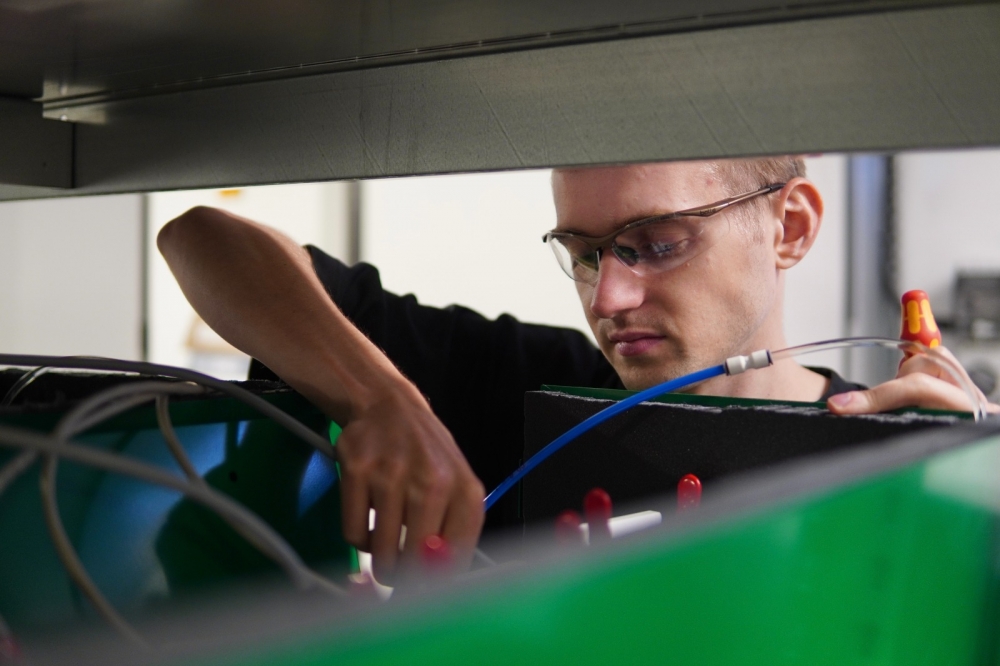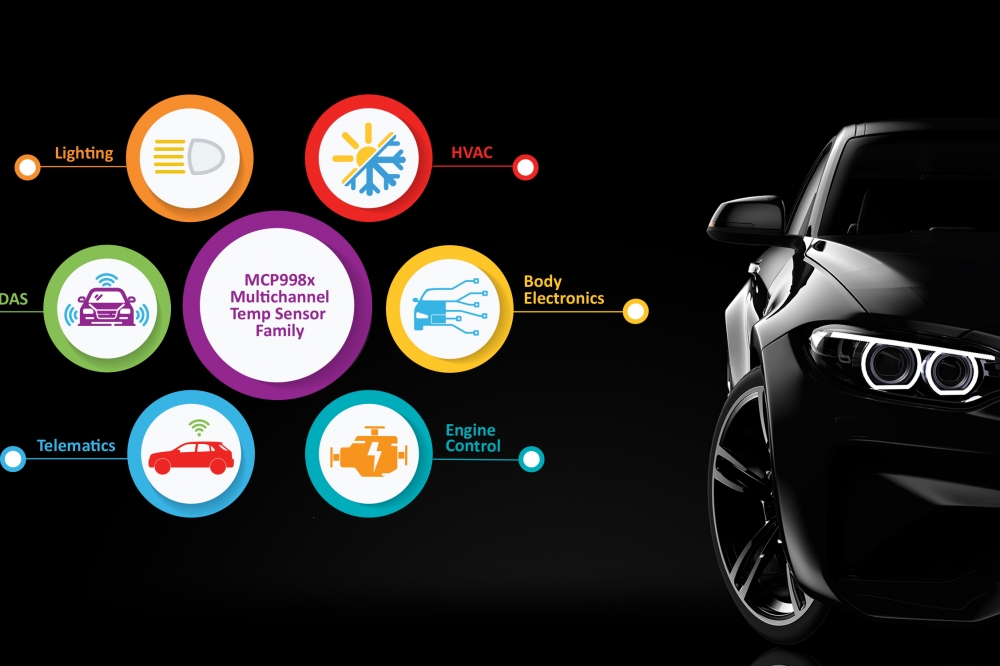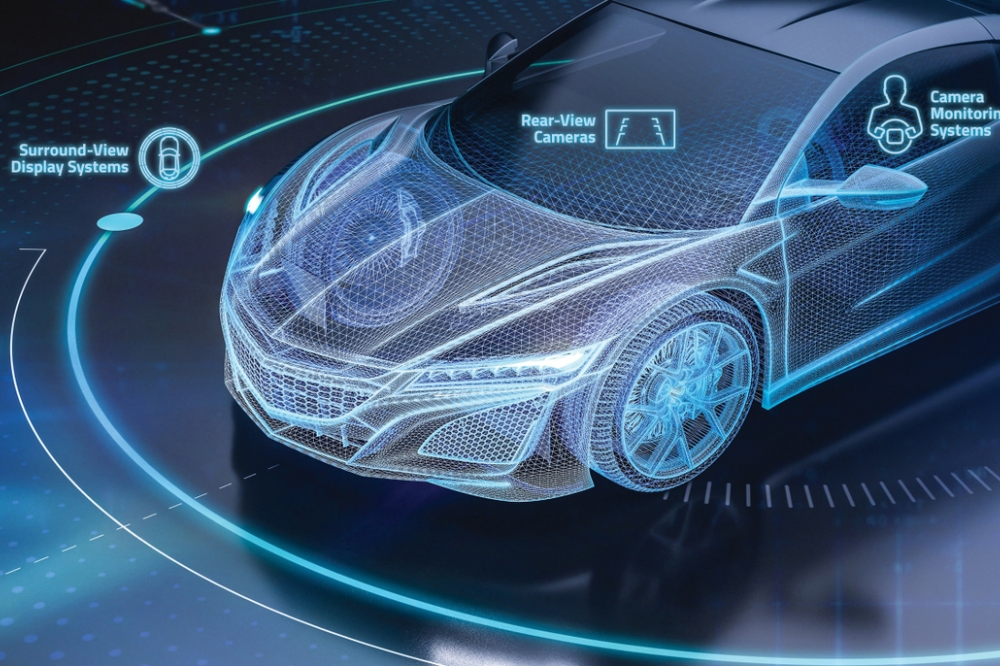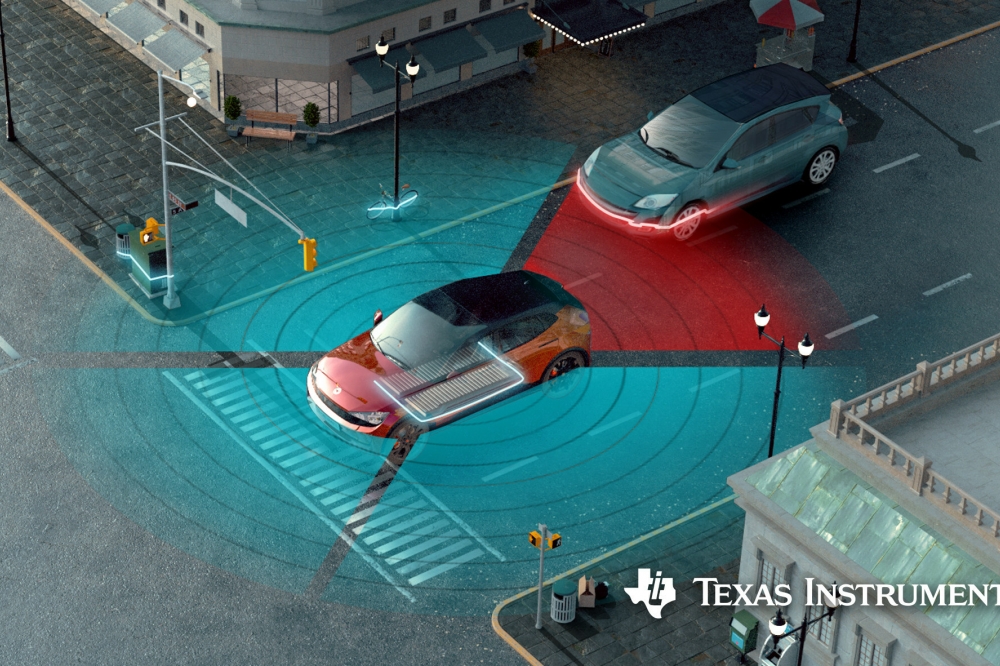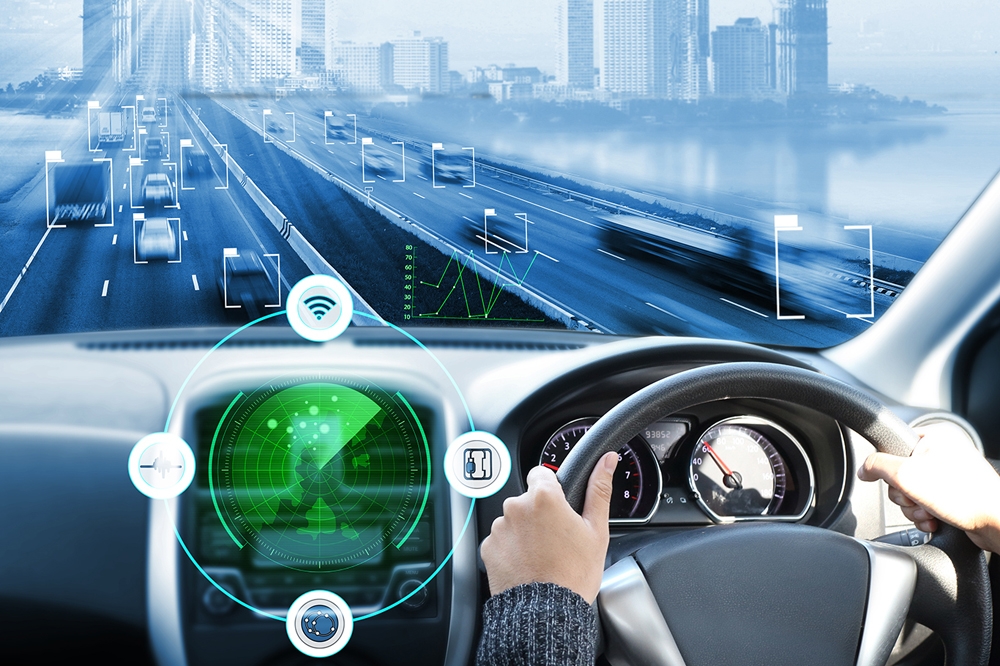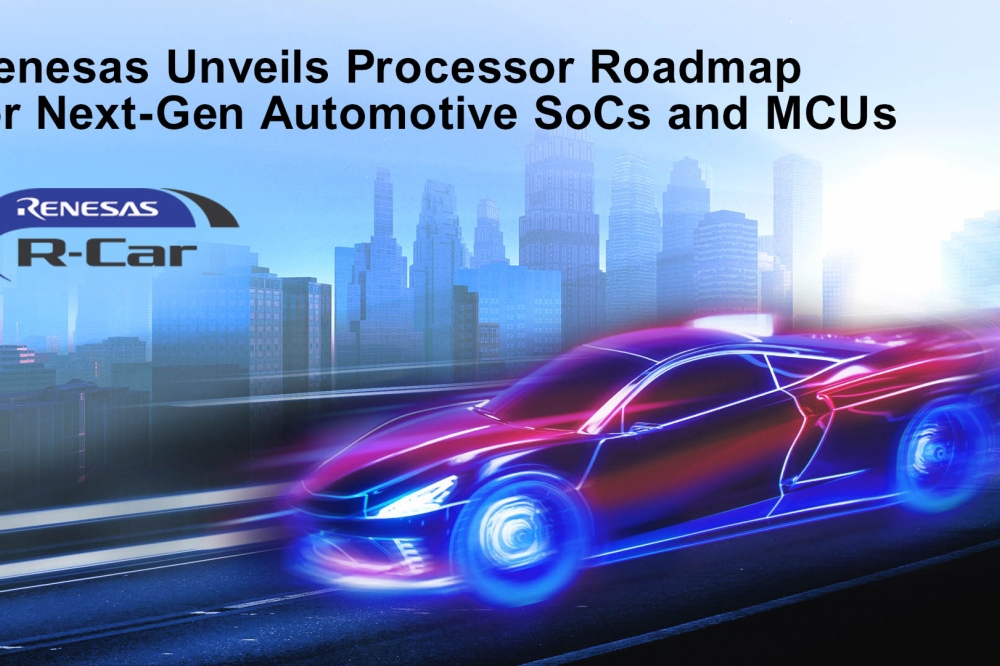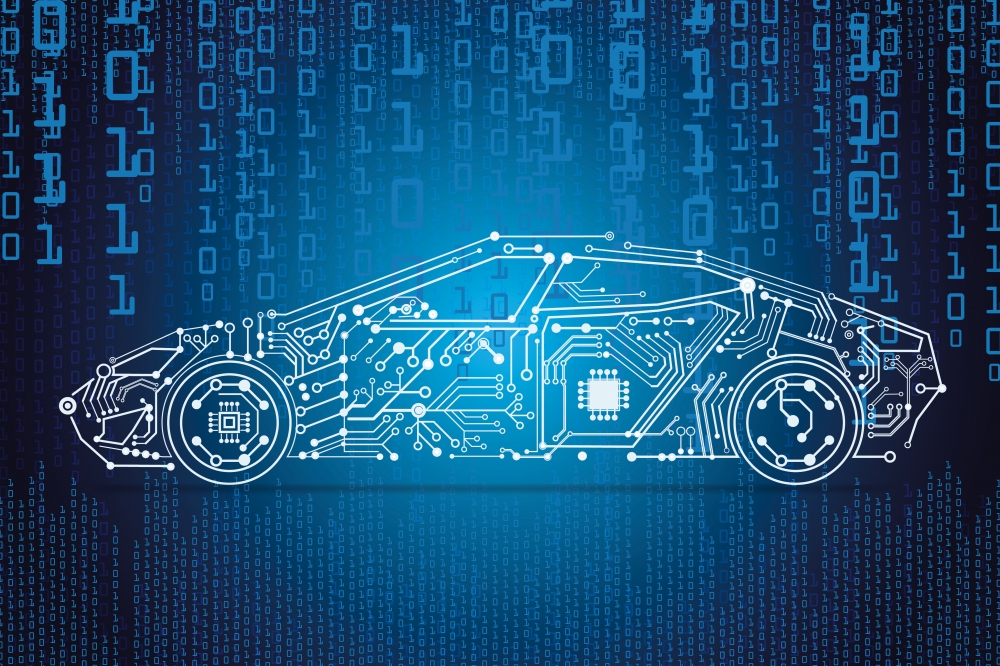FORGET UNIVERSAL BASIC INCOME. WE NEED UNIVERSAL BASIC MOBILITY.
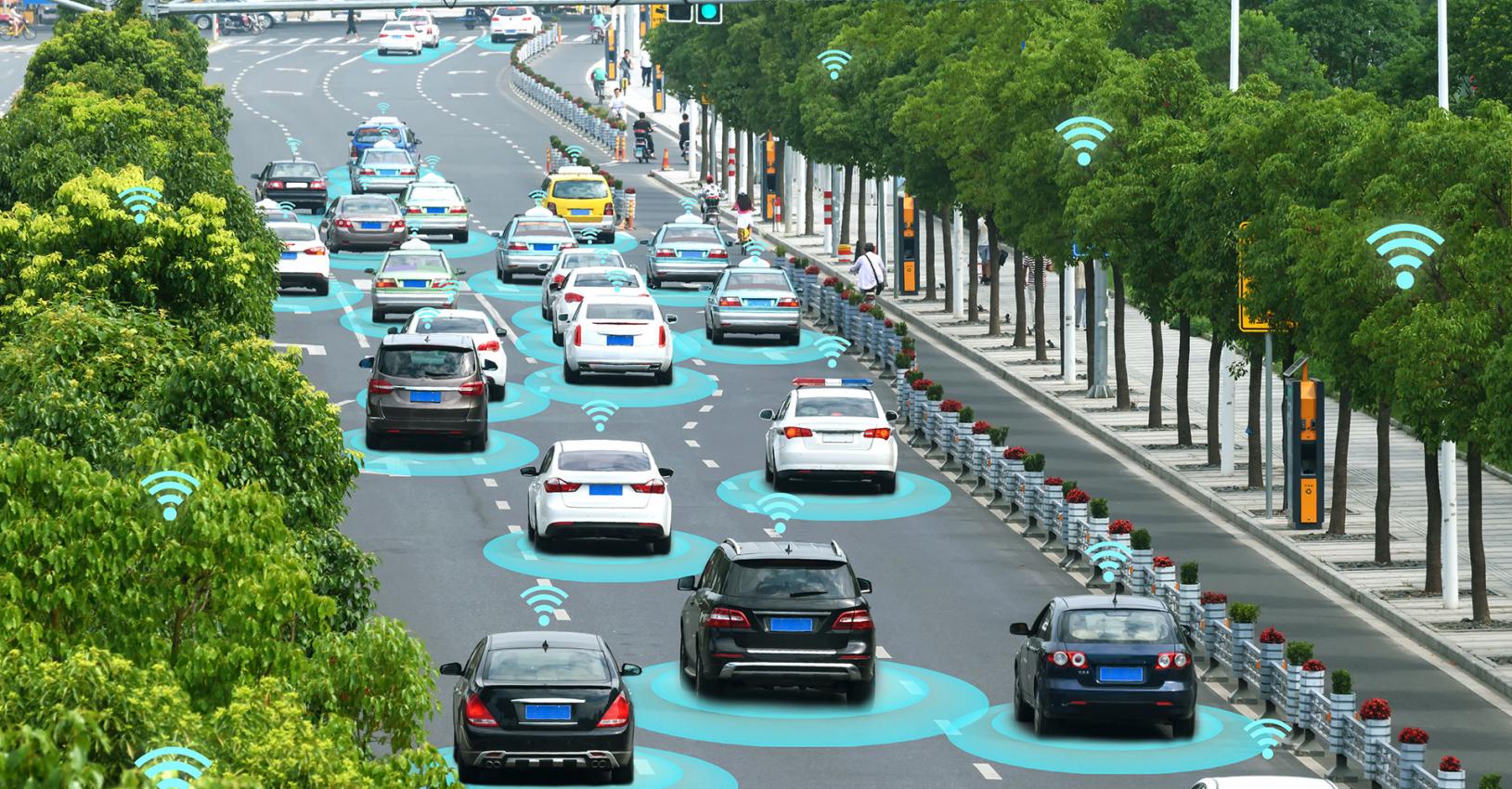

We should stop thinking about individual modes such as self-driving cars, scooters, e-bikes, buses, cars or trains in a vacuum, argues race driver, blogger and investor Alex Roy in his new column.
As the founder of the Human Driving Association (HDA), people often make a number of assumptions about me. It’s generally presumed I’m opposed to autonomy, that mobility = privately owned vehicles, that I’m keen on futile rants on behalf of all Luddites, and that the HDA is as absolutist about steering wheels as the National Rifle Association is about guns. Nothing could be further from the truth. Binary thinking is slavery. The HDA exists not to propagate human driving at the expense of alternatives, but to protect it within a mobility ecosystem optimized to move people as efficiently as possible from A to B, by whatever means.
That self-driving advocates assume the HDA is their enemy is a function of their enthusiastic myopia: technology for technology’s sake. In other words technology at the expense of the logical and inevitable equilibrium between myriad modes of transportation, some of which cannot be fully automated and some of which shouldn’t be.
If the definition of mobility is the ability to move or be moved freely and easily, then a state of pure mobility will never manifest unless we stop thinking about individual modes such as self-driving cars, scooters, e-bikes, buses, cars or trains in a vacuum. We should also discourage policy makers from picking winners and losers among innovators until they’ve had a chance to gestate.
No one solution is global, nor will any single mix of solutions work everywhere. All mobility is local, and history suggests only the free market — within the constraints of local culture and infrastructure — will allow mobility to reach its modal equilibrium. Yet, as private companies seek to resolve the failures of overstressed and underfunded public transportation systems, we run the risk of improving mobility for some while tacitly reducing freedom of movement and increasing inequality for others. Modal equilibrium for a privately owned, geofenced network is not necessarily the best option for a community of living, breathing humans, many of whom live outside the fence.
There is only one solution: Universal Basic Mobility.
THE ORIGIN OF UNIVERSAL BASIC MOBILITY (UBM)
UBM is inspired by Universal Basic Income (UBI), which has long been debated as a solution for a variety of societal ills. Since the industrial revolution, it has been feared that automation would create an underclass of structurally unemployed. With the rise of autonomy and AI, these fears may become reality.
I’m not so sure. Automation has traditionally created as many jobs as it as destroyed. The future depends on whether automation creates as many jobs as autonomy destroys. Unless or until the day arrives when the pessimists are proven correct, UBI will remain a pipe dream, at least in the United States, where the idea of nationwide social security sufficient to guarantee a reasonable quality of life will likely face insurmountable political opposition.
 Public transit: no option in many cities. (Photo: Adobe Stock / jovannig)
Public transit: no option in many cities. (Photo: Adobe Stock / jovannig)Long before autonomy/AI precipitates the structural unemployment that UBI might solve, we face a mobility problem that UBI cannot solve.
Mobility isn’t merely the ability to move or be moved freely and easily. It is the method by which freedom of movement — a concept enshrined in the Universal Declaration of Human Rights — manifests itself in the real world. The framers of the U.S. Constitution considered freedom of movement so fundamental a right it wasn’t even explicitly spelled out.
Freedom of movement has never been accompanied with a right to mobility. Governments built infrastructure, but you still had to buy your own horse or car. As population density rose and traffic worsened, modern states invested in more roads, more trolleys, more buses and more trains, creating an informal mobility compact between governments and their citizens — we will provide means of transporting you more efficiently than you can transport yourselves.
Unfortunately, people move and cities grow faster than governments can build, and people will solve transportation needs as they see fit. Hence, the oldest cities in the United States are dominated by struggling public transit systems, and the newest ones are choking on the cars around which they grew.
THE MOBILITY UNDERCLASS AND STRUCTURAL IMMOBILITY
The underclass UBI advocates seek to protect already exists, and is growing. It is the yin to the yang of the working poor living in cars and RVs. Freedom of movement is limited wherever the government/citizen mobility compact is stressed or broken. We see this “mobility underclass” in the public transportation deserts in and around numerous cities. The mobility underclass has few options; if they can afford a car, they contribute to broader traffic and infrastructure problems. If they can’t, they are often forced into unregulated private/shared options below the radar of even the largest and most ambitious transportation network start-ups.
A parent who spends four hours a day commuting means a child deprived of critical family time, a worker too tired to be effective, a human being without downtime.
 New mobility solutions are entering the markets. (Photo: Uber)
New mobility solutions are entering the markets. (Photo: Uber)A growing number of the mobility underclass are falling into “structural immobility” — the state in which lack of mobility limits their ability to obtain and keep jobs, access basic services, contribute to society or maintain a reasonable quality of life. The gap between freedom of movement and affordable mobility options creates a self-perpetuating system of economic, social and emotional loss, depriving society of countless productive citizens.
UBI cannot address the societal costs of structural immobility, but UBM can. What good is a UBI check if the recipient is immobilized or limited in their access to jobs and services? Immobility begets broader cultural loss, a mobility underclass consigned to Black Mirror-esque social poverty, professional isolation and depression.
The traditional and imperfect relationship between public transit and privately owned vehicles is no longer working, if it ever worked at all. It is into the growing gaps within and between them that new mobility service providers like Uber are flowing. As cities allow privately owned mobility networks to fill out breaks in the mobility continuum, it is essential that the mobility underclass doesn’t see its remaining options evaporate.
FORMS OF UNIVERSAL BASIC MOBILITY
A sedentary society dies a million deaths. A mobile society is healthy, happy and productive. Society must guarantee a minimum level of access to affordable transportation options. Not as charity, but as an investment. UBM transcends traditional left/right narratives because it is a unique investment in economic productivity and social justice.
But what is the optimal form of UBM?
When I googled “Universal Basic Mobility”, I found only three citations:
Basic Universal Mobility; A Manifesto (Dr. Anna Newberry) — a wonderful response to my Human Driving Manifesto, with an accompanying manifesto of its own.Universal Basic Mobility (Tim McGuckin) — in which the author suggests AI will force UBM, and that a mobility subsidy, similar to a housing subsidy, should be available until one no longer needs it. Tim is an important and lonely voice of wisdom in the transportation sector. Everyone should follow him.Flemish Transportation Authority (Ingrid Lieten) — in this 2006 report, the transportation official said, “...in ‘basic mobile’ municipalities, citizens have the inalienable right to call a taxi and hand down the taxi bill to [Public Transit Operator] De Lijn, if the PT operator does not provide regular public transport solutions or, at the very least, some basic form of PT on demand.”These handful of citations highlight how much more discussion is necessary for UBM policy to manifest.
Where do we start?
A UBM cash handout is merely UBI by another name. A “mobility floor” resembling minimum wage? A temporary subsidy/tax credit redeemable against transportation costs? Maybe. Obviously we can’t hand out cars, scooters and bikes. People might sell them for parts. The Belgians let citizens bill the municipality for cab services when buses didn’t run. Try that in Brooklyn. More infrastructure? But what kind? All mobility is local. There is no panacea.
 Where do we start? Handing out bikes? (Photo: Jump)
Where do we start? Handing out bikes? (Photo: Jump)Or maybe it’s as simple as a Leeloo Dallas Multipass, compatible with every MaaS service on earth, and let the free market fight it out above a “mobility floor”?
On a policy level, public subsidies for underserved routes must be redirected to new mobility solutions to replace them. Regulations mustn’t stifle innovation that might serve those that public transit has neglected. Where privately owned vehicles remain the only option, drivers must still be able to afford their use. No form of mobility can be banned unless replacement options can be guaranteed, whether by public or private alternatives, and then only within limited hours and domains.
Just as mobility solutions cannot flourish if regulated in their infancy, the shape of Universal Basic Mobility must be guided by open discussion and a framework created around public/private consensus. Top down thinking — regardless of good intentions — will lead to more mobility discrimination, not less.
MOBILITY, FOR FREEDOM’S SAKE
A healthy economy and society require not only freedom of movement and access to mobility, but movement for movement’s sake. Physical interaction and discovery have more social, economic, educational, cultural and psychological benefits than can be quantified. Until the advent of self-driving cars, autonomy meant freedom of action, and the only autonomy was human autonomy. Human autonomy is the only autonomy technology should serve. Efficiency is a worthy goal, but efficiency ≠ freedom. Freedom is freedom, and freedom of movement is a fundamental human right. If we are to protect it, then the boundaries of freedom must match those of mobility, for everyone.
Until then, I’ll keep my car keys and bicycle.
FORGET UNIVERSAL BASIC INCOME. WE NEED UNIVERSAL BASIC MOBILITY.
Modified on Tuesday 18th December 2018
Find all articles related to:
FORGET UNIVERSAL BASIC INCOME. WE NEED UNIVERSAL BASIC MOBILITY.


 Add to my Reading List
Add to my Reading List Remove from my Reading List
Remove from my Reading List